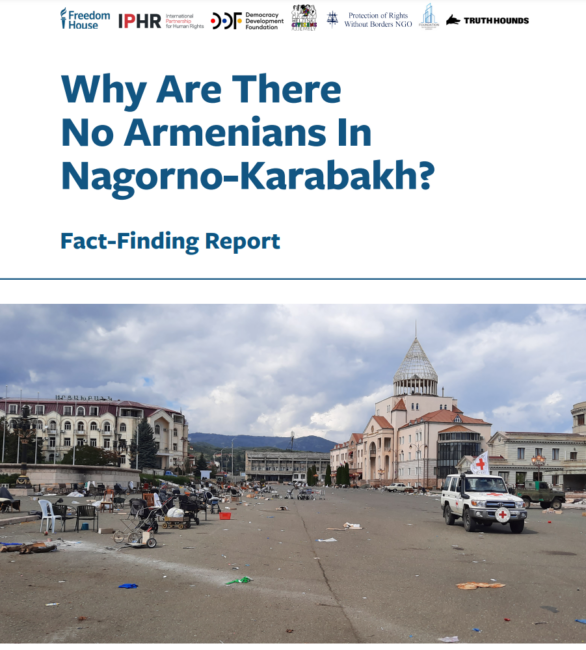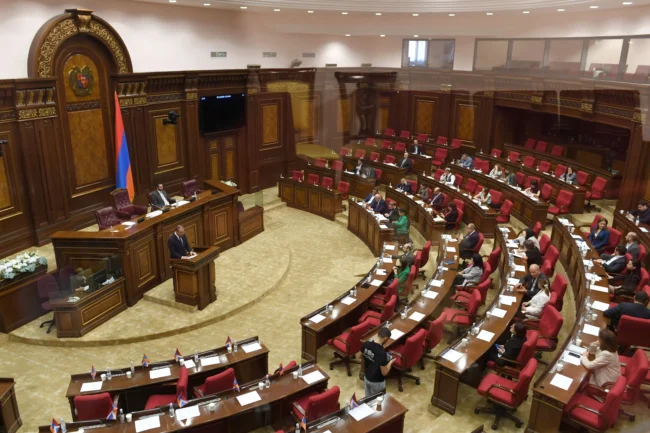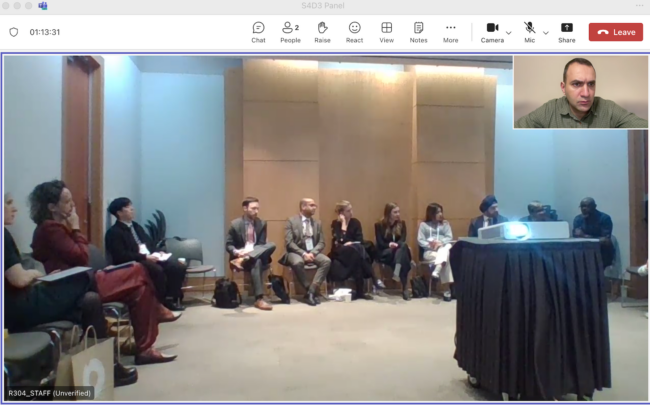Over the past week, a wave of targeting and defaming Radio Free Europe/Radio Liberty Armenian Service through social media posts has been observed, which is highly concerning from the perspective of ensuring freedom of expression in the country. While this campaign had started earlier, it intensified significantly after some high-ranking officials and their supporters made accusations against the media.
In this regard, the Facebook posts by Arayik Harutyunyan, the Chief of Staff to the RA Prime Minister, Ruben Rubinyan, the Deputy Speaker of the National Assembly, and Artur Hovhannisyan, the Secretary of the “Civil Contract” parliamentary faction, are particularly noteworthy. In these posts, they specifically accuse RFE/RL’s Armenian Service of disseminating fake news or biased reporting, and also question the professionalism of the media.
Many of those who have joined the criticism have reserved the right to instruct the editorial office, going so far as telling them who should be invited for interviews, what questions should be posed, or why a comment from an opposition figure, which drastically contradicts the official position, is published.
This is nothing more than a reprehensible attempt to interfere with editorial freedom—something that cannot be tolerated either by the media or the broader journalistic community, regardless of their political leanings. This is particularly the case given that RFE/RL’s Armenian Service has proven through its work that it is open to presenting opposing views and ideas, as well as addressing and correcting its possible flaws.
Meanwhile, in this case, instead of tolerating and accepting criticism, eliminating the identified flaws, and countering opponents with their own arguments, high-ranking government representatives are, in fact, turning their “fire” on the editorial office, which is one of the leading media outlets in terms of rich experience and traditions in quality journalism in the Armenian media field. This is especially unacceptable in light of the current circumstances, when quality media are objectively going through difficult times, facing serious financial and political issues.
We, the undersigned journalistic organizations, observing that the recent publications that have prompted the targeting of RFE/RL’s Armenian Service and the making of unfounded accusations against it concern matters of public significance, and that attempts to hinder their coverage by targeting any media are unacceptable, call on:
- government representatives to put an end to the practice of orchestrating campaigns to discredit this and any other media, and resolve information disputes and express disagreements on the same platforms, by using the opportunities for refutation or response;
- the media to resist political pressure, while ensuring pluralism and contributing to the exercise of citizens’ right to be informed;
- the society to consistently demand that the authorities stay true to democratic values, respect freedom of expression, and display tolerance towards criticism, especially when dealing with media that maintain high professional standards.
COMMITTEE TO PROTECT FREEDOM OF EXPRESSION
YEREVAN PRESS CLUB
MEDIA INITIATIVES CENTER
MEDIA DIVERSITY INSTITUTE-ARMENIA
PUBLIC JOURNALISM CLUB
JOURNALISTS’ CLUB “ASPAREZ”
“JOURNALISTS FOR THE FUTURE” NGO
“JOURNALISTS FOR HUMAN RIGHTS” NGO
GORIS PRESS CLUB



